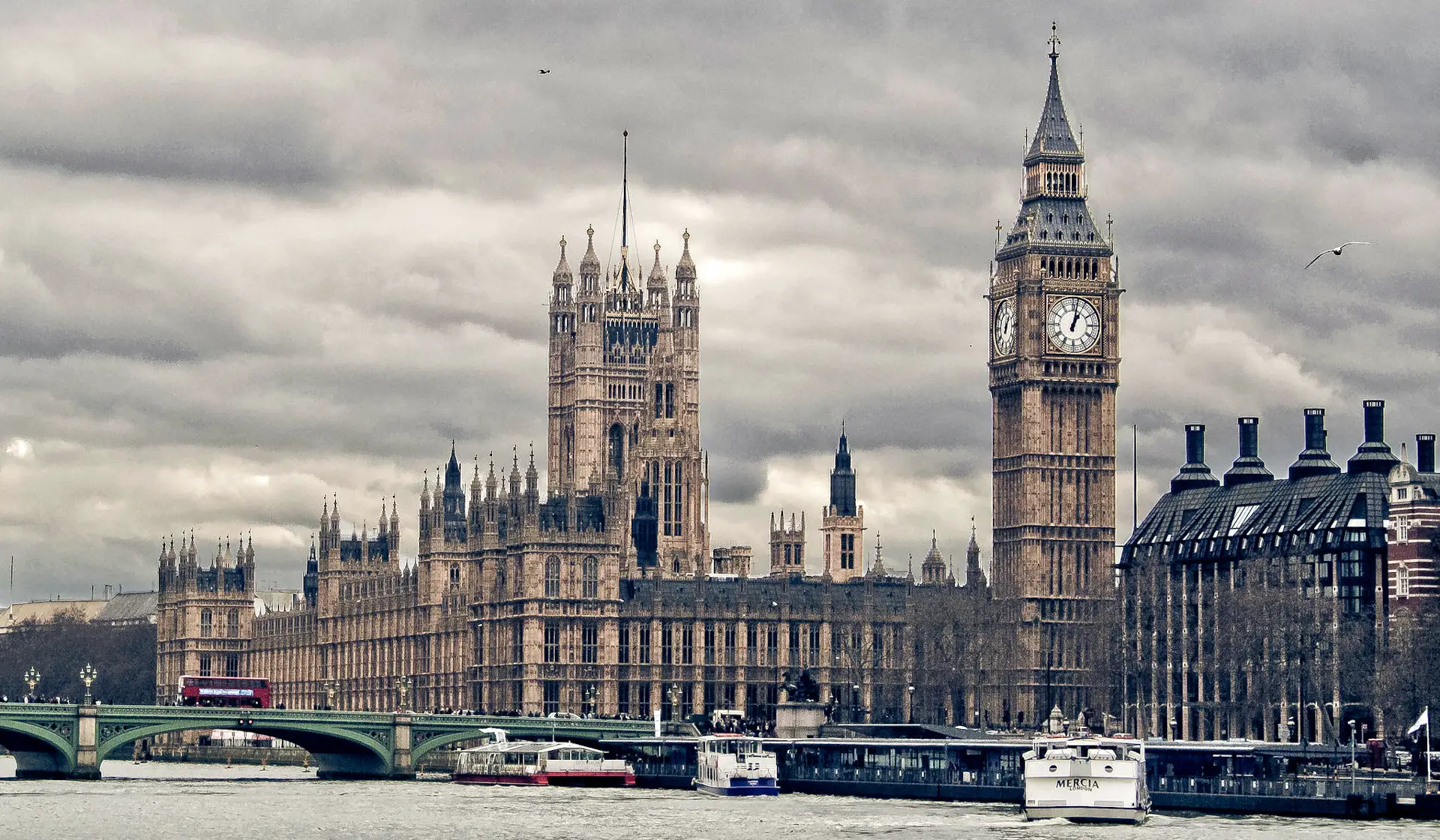“If we had the Island Deal, we would not have to make any of these cuts.”
That is the Isle of Wight council’s standpoint as it looks ahead to one of the hardest budgets it has ever had to produce.
The authority says government austerity has cut £93 million from its pocket in the last 12 years.
Need to fill £4m budget gap
In the recently announced 2023/24 budget, the authority is looking for £3.9 million in savings or income generation.
Axing a stroke support service, voluntary redundancies and increased parking charges are among the options on the table.
Unplanned costs ten times higher than planned
In the 2022/23 financial year, the authority faced unplanned cost pressures of around £20 million due to factors such as inflation and energy costs.
Financial director, Chris Ward, speaking at last night’s (Tuesday) corporate scrutiny committee, said it was ten times more than the council thought it would have to find in savings that year.
However, Mr Ward said, without government support, the council would not have been able to find the required savings and would have exhausted the council’s financial resilience.
Scrutiny Committee
The committee questioned how much additional income would be needed to stop any service cuts or the use of council reserves, with figures touted between £8 million and £9.5 million.
Cllr Richard Quigley said the authority was extremely short of its cash lifeblood.
Extra cost to provide services on the Island
Cllr Julie Jones-Evans highlighted a government report which said the physical separation between the Island and the mainland means it costs the council between £10 million and £63 million a year to provide services.
The government’s fair funding review which intends to look at the unique cost pressures associated with providing council services on the Island — known as the ‘Island Deal’ — has been further delayed by two years.
Retained business rates
At the moment, the council benefits from £10 million of retained business rates but in the future this will be done by a different formula and it was not known whether the Island would be a winner or a loser in that process.
Mr Ward said this was a large uncertainty so the council needed to remain prudent as they went forward.
This article is from the BBC’s LDRS (Local Democracy Reporter Service) scheme, which News OnTheWight is taking part in. Some alterations and additions may have been made by OnTheWight. Ed





